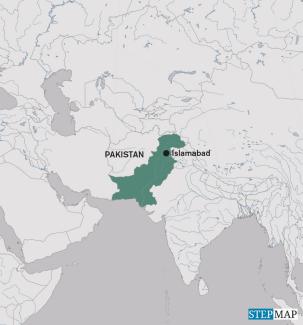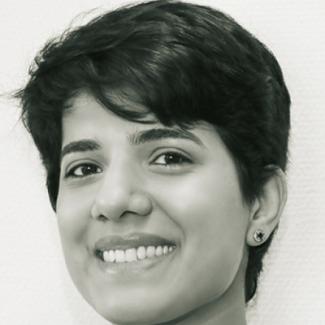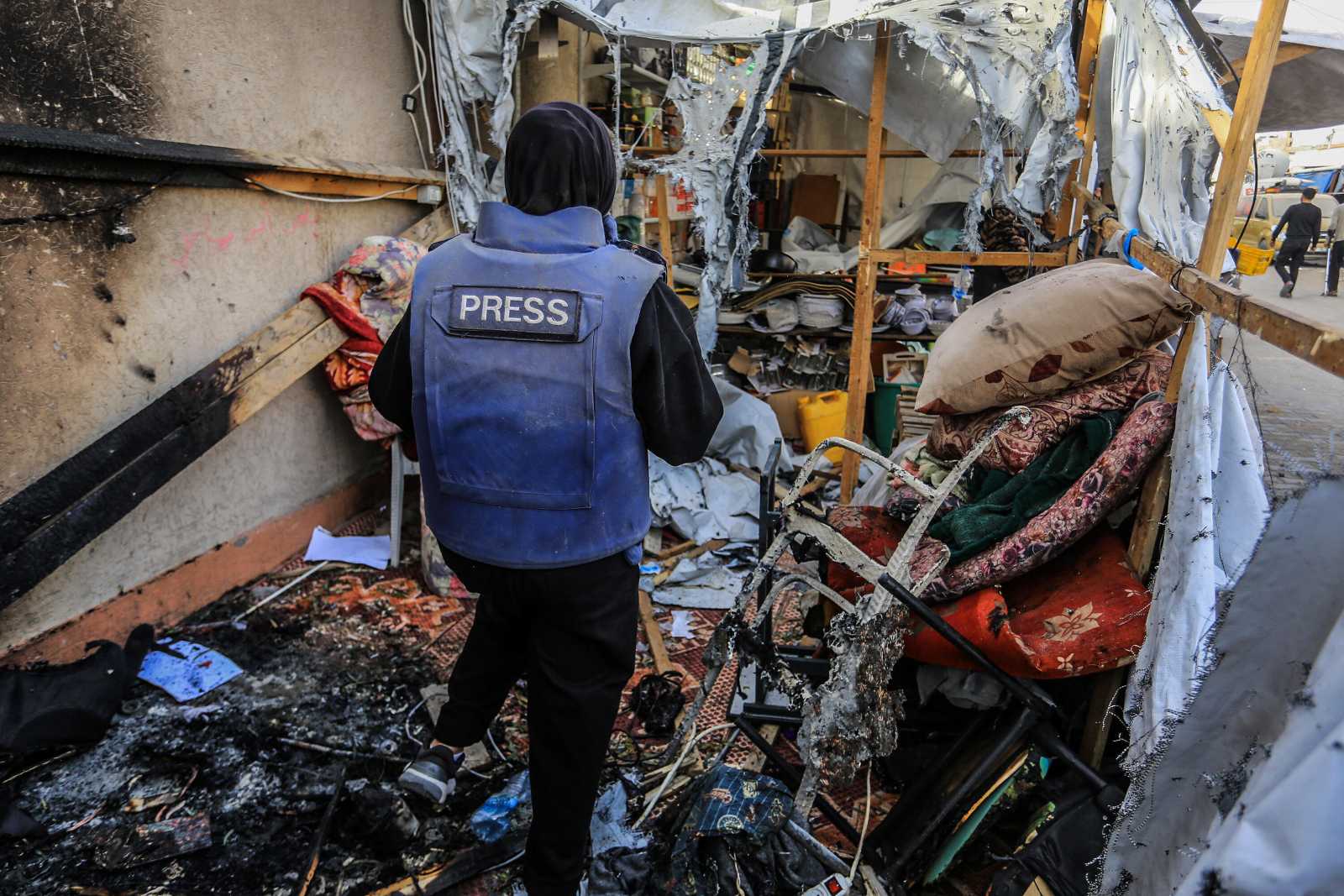Economic crisis
Heavily indebted already, Islamabad wants more loans

Pertinent weaknesses include the huge informal sector, heavy dependence on an unreformed agriculture sector and poor infrastructure. There has been far too little public and private investment in education, skills, training and research. Investable capital is locked in unproductive assets such as speculative real estate. The legacy of extractive colonial institutions including a resource-devouring military, the landed elite and a corrupt bureaucracy do not help. Radical Islamism, moreover, has often proven disruptive.
Sovereign debt has become a huge burden, so the fragile, multi-party government faces tight budgetary constraints. It actually needed – and got – an IMF bailout worth $ 1.2 billion this year.
International factors such as volatility in the global food and energy markets as well as the strong dollar are compounding domestic problems. Inflation was slightly above 23 % in September after a 49-year peak in mid-2022.
As the recent floods wreaked unprecedented havoc, the situation is set to worsen in the coming months and possibly subsequent years as well. Harvests were destroyed, livestock was depleted and, in many places, it became impossible to start the next planting seasons seasons (see Imran Mukhtar on www.dandc.eu). Food prices are thus expected to rise even more.
In mid-October, Prime Minister Shehbaz Sharif called on international donors to provide extra loans to repair the flood damages. He hinted that the country’s political stability is at stake. Indeed, populist leader Imran Khan, who was wounded in an attack on him in early November, has been benefiting from wide-spread discontent (see Marva Khan on www.dandc.eu).
Sharif’s appeal to donors was an unorthodox step, given that Pakistan’s sovereign debt is already very high. Desperate times, however, require unconventional action. The international community should do whatever is possible in support of Pakistan, and particularly its vulnerable groups, including the female population.
Sundus Saleemi is a senior researcher at the Center for Development Research (ZEF) of Bonn University.
sundus.saleemi@gmail.com








